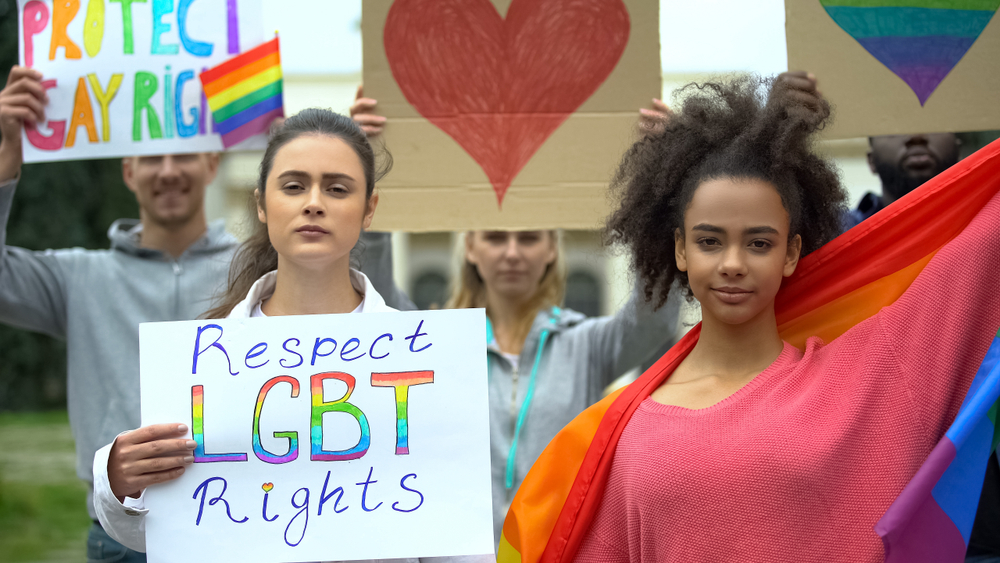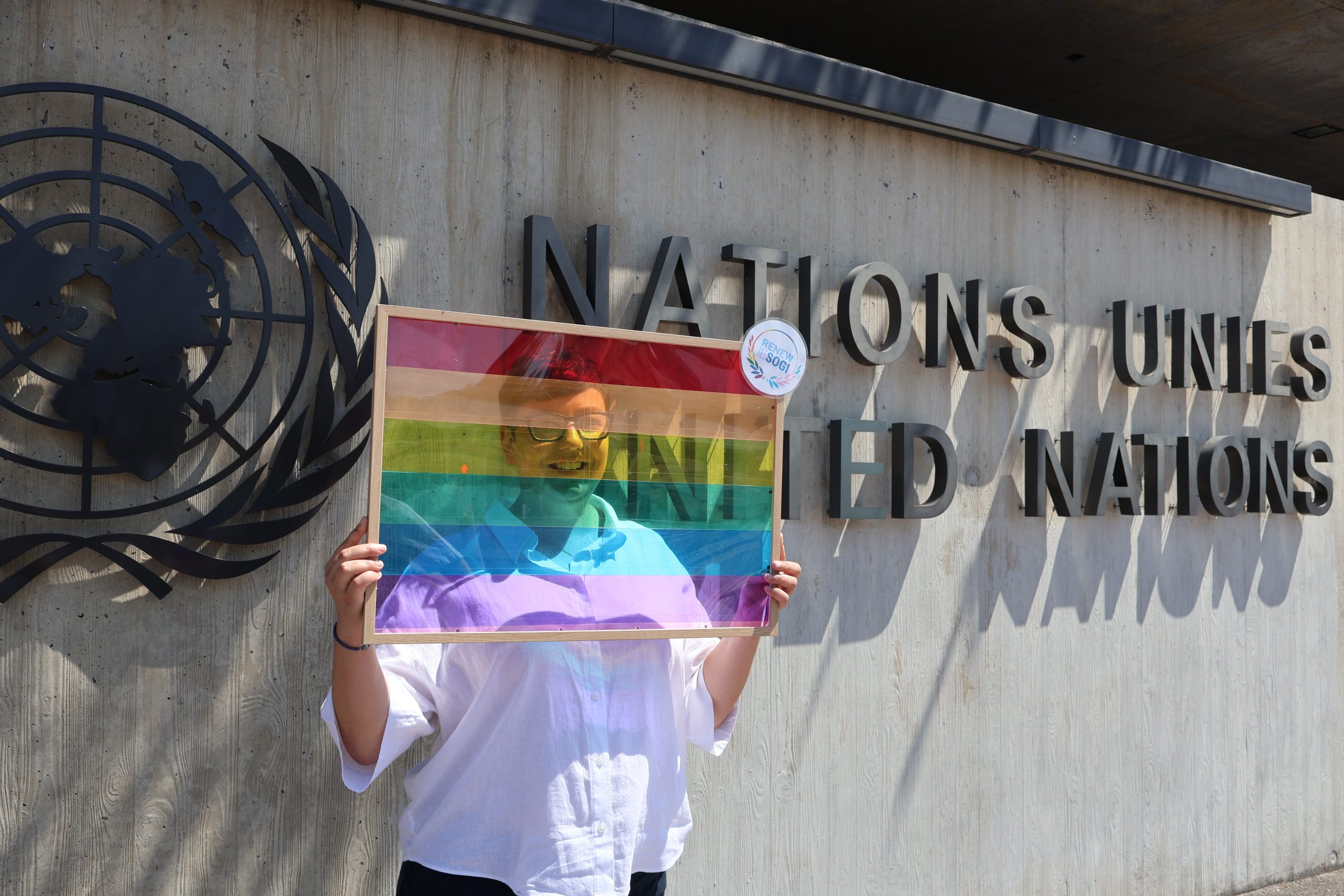This week the Independent Expert on protection against violence and discrimination based on sexual orientation and gender identity, Victor Madrigal-Borloz, presented his report to the Third Committee of the General Assembly which calls for greater awareness of how gender, sexual orientation and gender identity dynamics operate in the context of armed conflict, and within peacebuilding and peacekeeping.
Madrigal-Borloz highlighted that gender and sexual violence are one of the main obstacles hindering lasting peace and stability, as many women, LGBT and gender-diverse activists and human rights defenders are targeted on the basis of both their gender and/or sexual identity and their role as social leaders. This has been exacerbated by the rising rates of violent extremism, and the crisis triggered by coronavirus disease, where LGBT and gender-diverse persons suffer heightened levels of discriminatory violence by security forces and other armed actors, in particular human rights defenders in conflict-affected areas.
We welcome the focus of this report, specifically given the adoption of a resolution on human rights defenders in conflict and post conflict situations by the UN Human Rights Council earlier this year, which recognised the essential role defenders play in documenting violations, assisting victims and calling for peaceful resolution of hostilities. The resolution also recognised that the protection of defenders can be fully achieved only in the context of a holistic approach that includes ending gender and economic inequality and social exclusion.
During the interactive dialogue with Member States, Madrigal-Borloz’s made reference to violence against lesbian women and women human rights defenders (WHRDs). Madrigal-Borloz noted that despite some reported cases of targeted violence against LGBT activists, there is likely a significant undercount of LGBT victims of armed conflict, due to existing risks involved in collecting data in relation to their lived realities. Multiple States supported the report as well as the gaps it aims to address within the international legal framework during the dialogue. Specifically Ireland, deeply concerned by disproportionate levels of violence exacerbated during conflict including as part of homophobic and transphobic agendas, raised questions regarding violence targeted at defenders based on their SOGI and sought recommendations for States to prevent such atrocities.
The Expert’s report aims to strengthen the call for existing frameworks relevant to conflict and post confict situations – like the agenda on women, peace and security and international humanitarian law – to streamline gender issues to address the intersecting needs of LGBT communities and defenders, including enabling the analysis of multiple asymmetries of power that fuel violence and discrimination against women, LGBT and gender diverse people. Finally, the report provides State-specific recommendations to promote the effective support, relief, reallocation and protection of LGBT and gender-diverse defenders, refugees and/or internally displaced persons during and after an armed conflict.
Download as PDF




